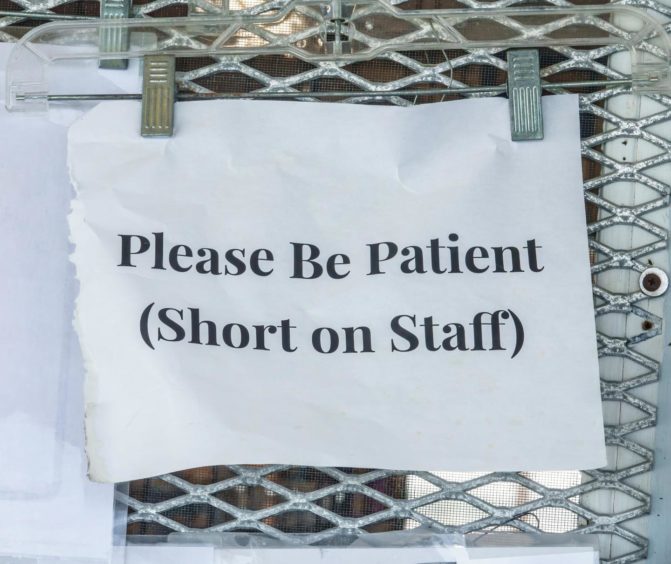Smaller firms throughout Scotland are more optimistic than they have been any time since the summer of 2015, according to new research.
The Federation of Small Businesses (FSB) study also found the average Scottish business is now more hopeful about prospects than its UK-wide equivalent for the first time since the third quarter of 2020.
FSB’s Scottish small business confidence index rose to +20.5 points this summer, from +18.8 points in the first quarter of the year. The equivalent UK-wide figure fell to +18.6 points, from +27.3 points in the first three months of 2021.
The index measures whether firms believe trading conditions will improve or deteriorate over the next three months.
This post-lockdown positivity won’t last unless policymakers get behind our local firms during the recovery.”
Andrew McRae, FSB Scotland
But nearly two-thirds (64%) of Scottish firms reported an increase in running costs, compared with a year ago, while only 8% said overheads had decreased.
And more Scottish firms said they believed their profits would fall, rather than increase, over the next three months.
FSB Scotland policy chairman Andrew McRae said: “These figures show just how tough the last 18 months have been for Scottish businesses. Despite punishing increases to overheads and fears about profits, firms north of the border are the most confident they’ve been in years that trading conditions will improve.
‘Spiralling overheads’
“But this post-lockdown positivity won’t last unless policymakers get behind our local firms during the recovery. That means taking steps to tackle spiralling overheads. It means ensuring that smaller firms aren’t crushed by the debts they took on to survive.
“And it means providing new protections for the self-employed so we can encourage the next generation of entrepreneurs.”
According to the research, two-fifths of smaller Scottish firms (38%) have plans to grow in the year ahead, while one-fifth (20%) aim to downsize (12%), sell (3%), or close their business (5%).
Barriers to growth
Firms with expansion ambitions were asked to identify barriers to growth. Three-fifths of Scottish businesses cited the domestic economy (59%), just over one-third highlighted consumer demand (36%) and just under one-third warned of the problem of accessing skilled staff (32%).
Mr McRae said: “As the economy has reopened, skills and staff shortages have given firms across Scotland a headache. Self-isolation rules and a reduction of workers caused by the UK leaving the EU are amongst the factors that have been blamed.
“We know that many smaller firms are looking at new ways of attracting and retaining workers. But policymakers also need to realise that if local firms can’t find the skills they need, then growth and innovation are impossible.
“That’s why decision-makers in Edinburgh and London need to look at their labour market, skills, and public health policies, and ensure they’re geared up for the recovery.”
North tourism firms cutting hours and services as staffing shortages reach ‘critical’ level
Richard Cumming and his ‘shop for blokes’ in Elgin
New study suggests smaller Scottish firms will struggle to access funding

